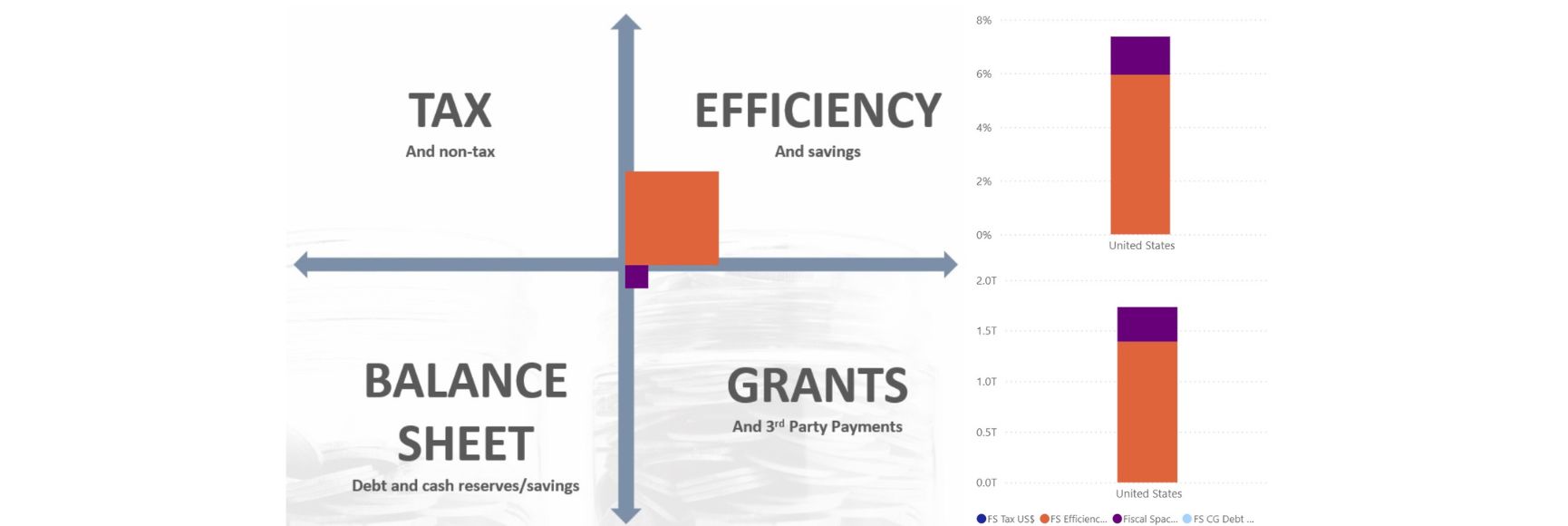Posted by Paulo Henrique Feijó e Selene Peres Peres Nunes[1]
The Brazilian Government published for the first time the consolidated general government financial statements (consolidation of central government, states and municipalities’ accounts) according to an adapted model of the International Public Sector Accounting Standards – IPSAS, published by the International Federation of Accountants – IFAC. This is part of a strategy to place Brazil among the countries with advanced accounting practices.
The general government financial statements adapted to international accounting standards refer to the years 2009 and 2010 and include:
- Balance Sheet;
- Statement of Financial Performance; and
- Notes.
This is a very significant achievement considering the size of the public sector in Brazil that includes the central government, 26 States, one Federal District, and more than 5,000 municipalities. The consolidation represented a huge challenge to convert each balance sheet to the international accounting standards. This result was possible due to an innovative strategy to improve communication, and through an open dialogue and debate with representatives of each Government and respective branches (executive, legislative, and judiciary), in order to gradually institutionalize the convergence to the international accounting standards.
In this context, it is important to mention the recent publication of the Public Sector Accounting Manual, prepared by the National Treasury Secretariat of the Ministry of Finance, and the Brazilian Public Sector Accounting Standards, edited by the Brazilian Federation of Accountants, recommending the adoption of IPSAS by all public sector entities.
The strategy of promoting an open and constructive dialogue on the impact of adopting the new accounting concepts, as well as the search for consensus, was very effective. The first results are the gradual adoption of some practices already applied by the central government, such as the recognition of the tax revenues, when they are due and not when they are paid; the recognition as part of the public sector assets of the taxpayer duties, when there is a judicial decision establishing the obligation to pay; and recognition of depreciation, amortization and other accounting adjustments as usually applied in the commercial accounting.
Finally, it should be mentioned that the process of implementing the new public accounting standards is very long because it requires gradual integration of the systems and procedures, investment in capacity building, good communication, and definition of norms and standards. The purpose is to have comparable, comprehensive, and timely financial information for the entire public sector. The final beneficiary is the society as a whole because better financial information is available.
You can access the reports in the following webpage
[1] Respectively, General Coordinator and Coordinator of the Department of Accounting Standards Applied to the Federation, of the National Treasury Secretariat, of the Ministry of Finance.
Note: The posts on the IMF PFM Blog should not be reported as representing the views of the IMF. The views expressed are those of the authors and do not necessarily represent those of the IMF or IMF policy.





